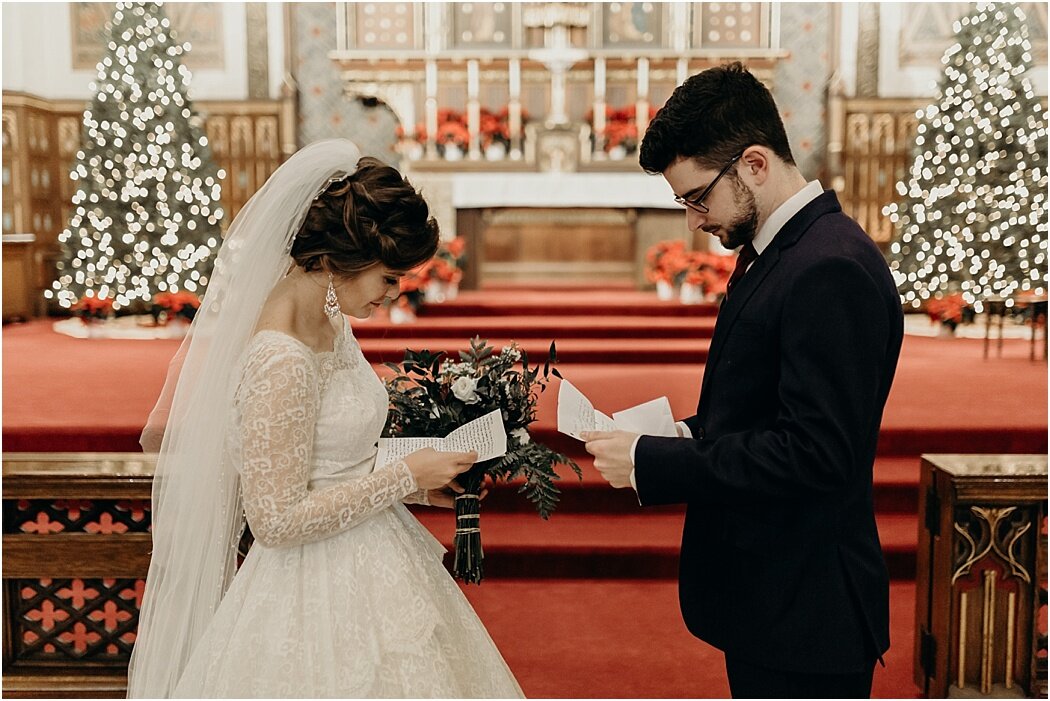The Advent of Marriage
/CARISSA PLUTA
This new liturgical season brings me back to my engagement.
PHOTOGRAPHY: JULIANA TOMLINSON
In fact, I often described that season of my life as a “little Advent,” as it was marked with the same feelings of joyful expectancy and intense longing.
Both seasons provide us with a chance to prepare our hearts, not only for a particular day, but also for the new life to come.
However, far too often amidst the hustle and bustle of both seasons the joyful feelings wane and the seemingly never-ending to-do list takes its place.
It’s easy to forget that we are preparing for something much bigger than ourselves.
I found myself wishing away that season of my life.
Honestly, once we completed our marriage preparation, it was hard not to want to grab the nearest priest and get the whole thing over with right then and there.
I couldn’t wait to get to the day after the wedding, where we could start enjoying our new life as husband and wife.
However, the joy of Christmas cannot truly exist without the anticipation of Advent.
The longing helps us fully taste the sweetness of the gift that will be given.
Engagement changes the relationship between a man and a woman. Their relationship is deeper than their season of dating, but they have not yet experienced the consummation of it found within the sacrament of marriage.
The desire for oneness with your soon-to-be spouse is at its height. The longing for a life spent growing in love with your future husband intensifies.
The anticipation helps remind us of what we have to look forward to. And when you finally reach the day where you enter into that holy covenant, your longing turns into a profound rejoicing.
The ache for marriage during the season of engagement mirrors our souls’ ache for unity with God. It can be uncomfortable, even painful at times.
But more than anything, it is good.
If you allow it, that desire can be the purifying fire that refines our hearts to more fully receive, not only our husbands, but Christ Himself.
Embrace the longing; don’t run hide from it. Enter into it with a prayerful heart willing to be transformed.
Let yourself experience the joy in the waiting, so you can more completely enter into the joy that awaits you.































